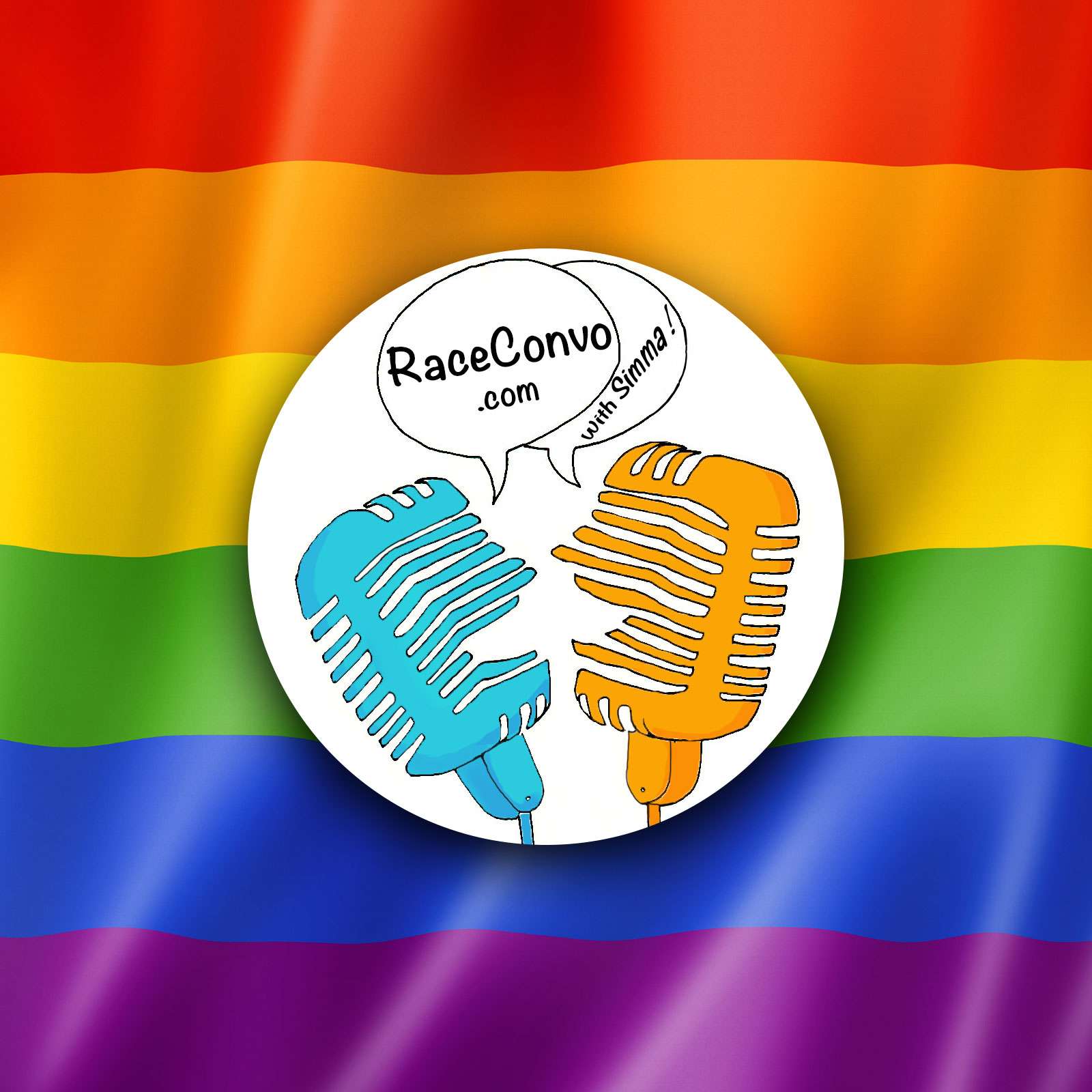My guests were in this episode are Paoi Eulalia and Alessandra Stevens from MXD Magazine.
MXD Magazine is a publication that celebrates LGBTQ People of Color (POCs), non-conformists, and allies. Both Paoi and Alessandra are Filipino-American but represent different genders and generations.
One of their objectives is to fight racism masked as sexual preference, among other façades. Too often LGBTQ people of color are either objectified as exotic sexual objects or are totally invisible. We discuss the different ways LGBTQ people are seen as sex objects and not as real people.
MXD Magazine aims to celebrate and bring LGBTQ people of color deal with issues that concern them.
It’s still all too common that LGBTQ people are presented in the media as all white men. Not only are people of color in general missing from the conversation but also Transgender people who are most often targets of violence and discrimination are discounted.
Within the LGB community there is still a lack of education, bias and transphobia. MXD Magazine is all-inclusive and features several people who are transgender. The magazine is still in its infant stages and most of the articles and features are male focused but by bringing in Alessandra and other women they hope to change that.
We discuss how the right therapy and therapists can make a difference in people’s lives for self-acceptance, internalized homophobia and transphobia. Both Alessandra and Paoi see the importance of increasing the amount of LGBTQ therapists who are people of color and eliminating the stigma that some people still have regarding therapy. They each share their own experiences as to how therapy has helped each of them become the healthy emotionally, mentally and spiritually.
We agree that there needs to be more attention paid to intersectionality in the LGBTQ community in order to have the conversation on race and other differences. No one is just one identity, or just LGBTQ. People are from different cultures, generations, religions, races, etc. Those multiple identities can create commonalities and connections if we are willing to look at them. No conversation on race, gender identity, or sexual orientation can be meaningful without understanding intersectionality.
Resources mentioned in this episode
Paoi Eulalia Publisher@MXDMagazine.com
@theinclusionist
Simma@sSimmaLieberman.com


